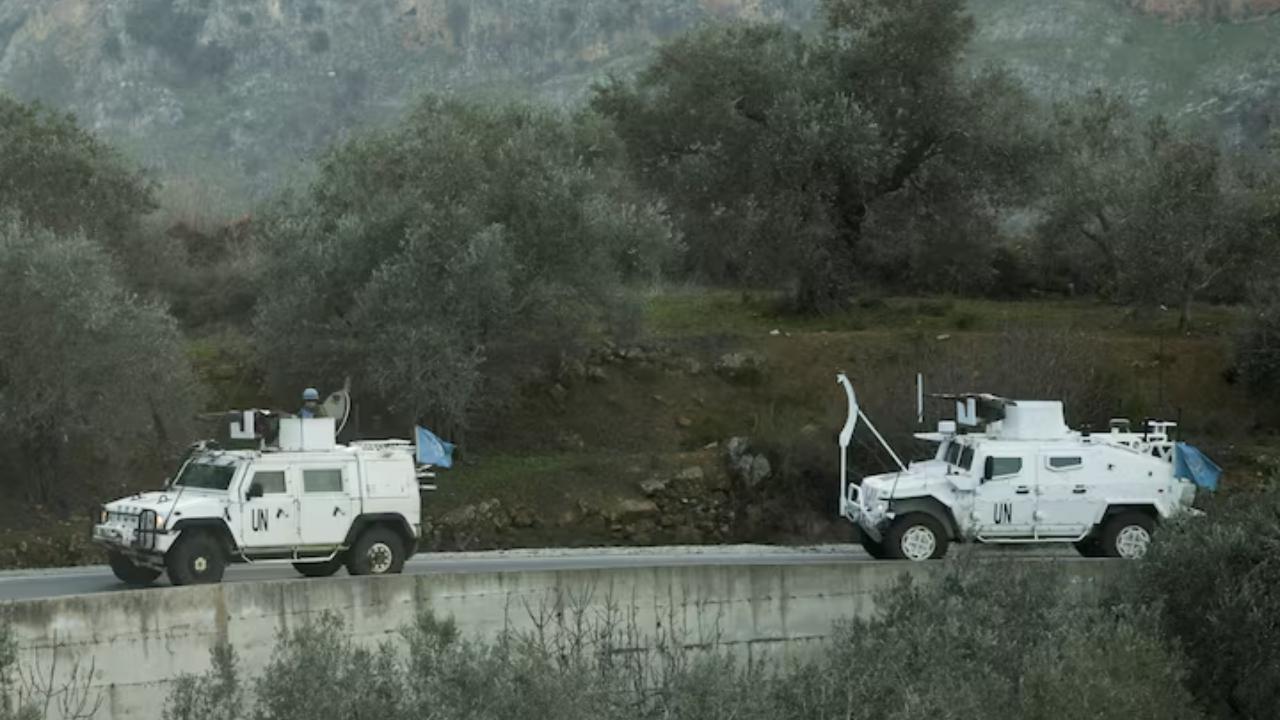
Post by : Monika
Photo: Reuters
The United Nations Security Council has voted to extend its peacekeeping mission in Lebanon for one final time. The mission, known as UNIFIL, will officially end by December 31, 2026. After that, beginning in January 2027, the peacekeepers will start leaving Lebanon in a safe and organized way, a process expected to take about one year.
This decision marks the closing chapter of one of the UN’s longest-running peacekeeping operations. For nearly five decades, UNIFIL has played a major role in trying to keep peace along Lebanon’s southern border with Israel, an area that has often seen conflict and tension.
What Is the UN Mission in Lebanon?
The mission, UNIFIL, began in 1978 after Israel withdrew its troops from southern Lebanon. Its first job was to confirm Israel’s withdrawal, help restore peace in the area, and support the Lebanese government in taking back control of its territory.
In 2006, after a major war between Israel and Hezbollah, the UN expanded UNIFIL’s role. Peacekeepers were tasked with helping the Lebanese army keep the border region free of unauthorized weapons, monitoring the ceasefire, and supporting rebuilding efforts.
Since then, UNIFIL has worked alongside the Lebanese army to prevent armed clashes, protect civilians, and maintain stability in one of the most unstable parts of the Middle East.
Why Is This the Last Extension?
The Security Council made it clear that this is the final extension. The mission will not be renewed again after 2026.
One reason is that the United States, once a strong supporter of UNIFIL, no longer wants to fund or support more extensions. Acting U.S. Ambassador Dorothy Shea explained that the security situation in Lebanon has improved enough for the Lebanese army to take full responsibility for protecting the south. She stressed that the remaining time should be used to strengthen Lebanon’s security forces so they can manage on their own.
Israel also pushed for the mission to end. Israeli officials argue that UNIFIL has not stopped Hezbollah from growing stronger in southern Lebanon. They believe the mission failed to prevent Hezbollah from storing weapons and building military power near the border. For Israel, ending the mission is a way to push for a new approach to security in the region.
Lebanon’s Position
Lebanese leaders welcomed the decision but with caution. Prime Minister Nawaf Salam thanked the UN for its long years of service and said Lebanon is ready to take over responsibility. However, Lebanon also pointed out that Israel still occupies parts of Lebanese land. Beirut stressed that a real and lasting peace requires Israel to withdraw completely and respect Lebanese sovereignty.
The Lebanese government also highlighted the importance of international support during this transition. Without enough funding, equipment, and training, it will be difficult for the Lebanese army to fully replace the UN force by 2027.
Concerns from Other Countries
While the U.S. and Israel pushed for the mission to end, some other members of the UN expressed concern. They worry that a quick withdrawal could leave Lebanon vulnerable, especially given its current political and economic crisis. Lebanon has been struggling with a weak economy, limited resources, and political instability.
These countries argued that the final withdrawal should be gradual and carefully managed, giving the Lebanese army enough time to prepare. The Security Council agreed on a one-year withdrawal period starting in January 2027, during which UN peacekeepers will continue to support basic security tasks.
What Happens Next?
By the end of 2027, all UN peacekeepers are expected to leave Lebanon, leaving the Lebanese army as the only official security force in the south.
Why This Matters
UNIFIL has been one of the most important peacekeeping missions in UN history. For decades, it played a vital role in preventing small conflicts from turning into larger wars between Lebanon and Israel. The mission also built trust between communities, provided aid during crises, and gave the Lebanese army valuable support.
Its departure will be a huge shift. The Lebanese army will need to take full responsibility for keeping peace in the south, a task that requires resources and international help.The UN is calling for more training, equipment, and financial support for Lebanon. Without these, the risk of instability could rise once the peacekeepers leave.
Reactions from Different Sides
United States: The U.S. supported the final extension but said clearly that this will be the last one. U.S. officials stressed the importance of using the remaining time to prepare Lebanon to stand on its own.
Israel: Israeli leaders believe UNIFIL failed in its mission. They said Hezbollah’s growing strength shows that the peacekeepers were ineffective. For them, ending UNIFIL is a step toward finding a new approach.
Lebanon: Lebanon welcomed the resolution but also reminded the world of the importance of Israel’s withdrawal from Lebanese lands. The government said it will work to ensure the army becomes the only security force in the south.
Other UN Members: Some countries warned against moving too fast. They want the transition to be slow and careful to avoid creating security gaps.
A Look Back at UNIFIL’s Role
Since 1978, UNIFIL has been part of life in southern Lebanon. Thousands of peacekeepers from different countries served in the mission. They patrolled the Blue Line, supported local communities, and acted as a buffer between Israel and Hezbollah.
The mission faced many challenges. It could not stop every clash, nor could it fully prevent Hezbollah from growing stronger. Still, many experts believe UNIFIL reduced violence and saved lives. Without the mission, the region might have seen more frequent wars.
The Year of Withdrawal
The withdrawal year, 2027, will be crucial. Peacekeepers will leave gradually, step by step, while continuing to provide limited support. The UN will focus on helping Lebanon’s army take over tasks such as:
Challenges Ahead for Lebanon
The Lebanese army faces many difficulties. Lebanon’s financial crisis has left the army underfunded. Soldiers often struggle with low pay and limited supplies. For them to take over from UNIFIL, they will need more international aid and better coordination with local communities.
At the same time, political divisions inside Lebanon make security work harder. Different groups have different views about Hezbollah, which complicates efforts to create a single national security policy.
Why It’s a Turning Point
Ending UNIFIL’s mission is more than just the end of a UN program. It is a symbol of Lebanon being asked to fully take control of its land and security after decades of international support. It also reflects changing global politics, with major powers like the U.S. no longer willing to commit resources to long missions.
For Lebanon, this is both a chance and a risk. If the transition succeeds, Lebanon will prove it can manage its own security. But if it fails, the risk of new conflict could grow.
UNIFIL’s departure will close a long chapter in Middle East history. For nearly 50 years, the mission helped prevent wars and supported peace efforts. Its end means Lebanon must now step forward.
The year 2026 will be a time of preparation. The year 2027 will be a time of transition. After that, Lebanon will stand on its own.
United Nations Security Council


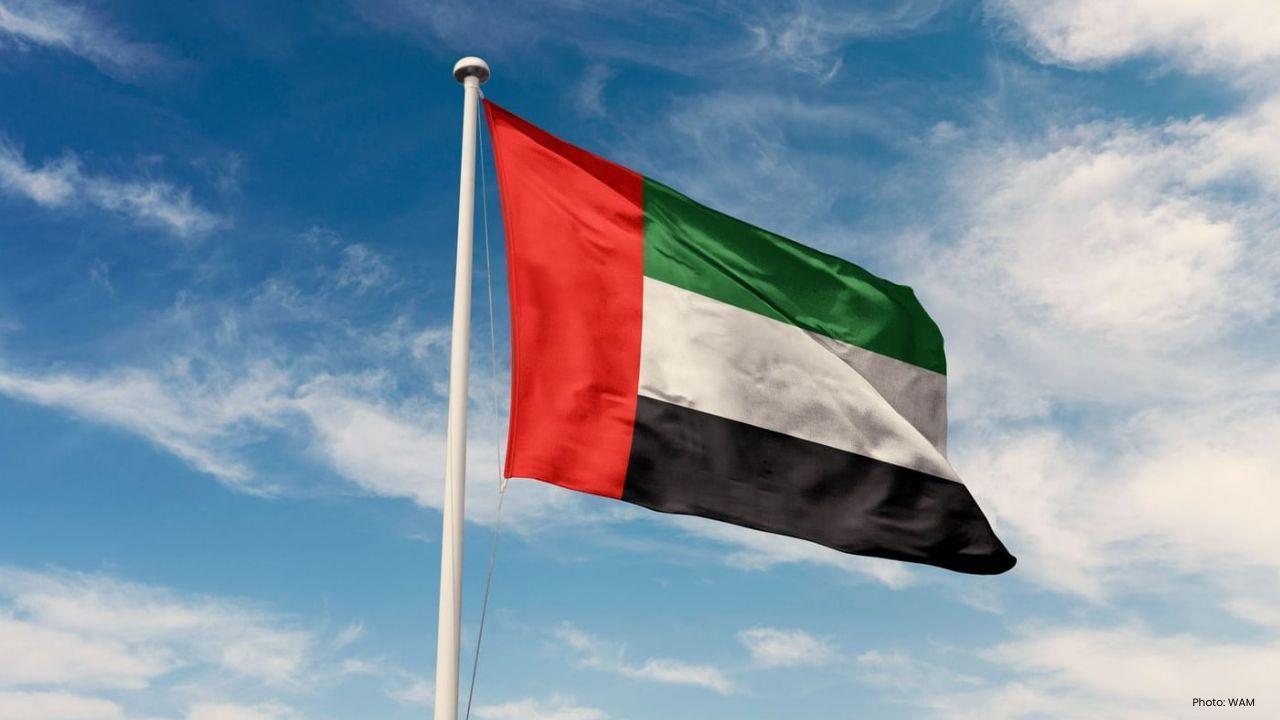
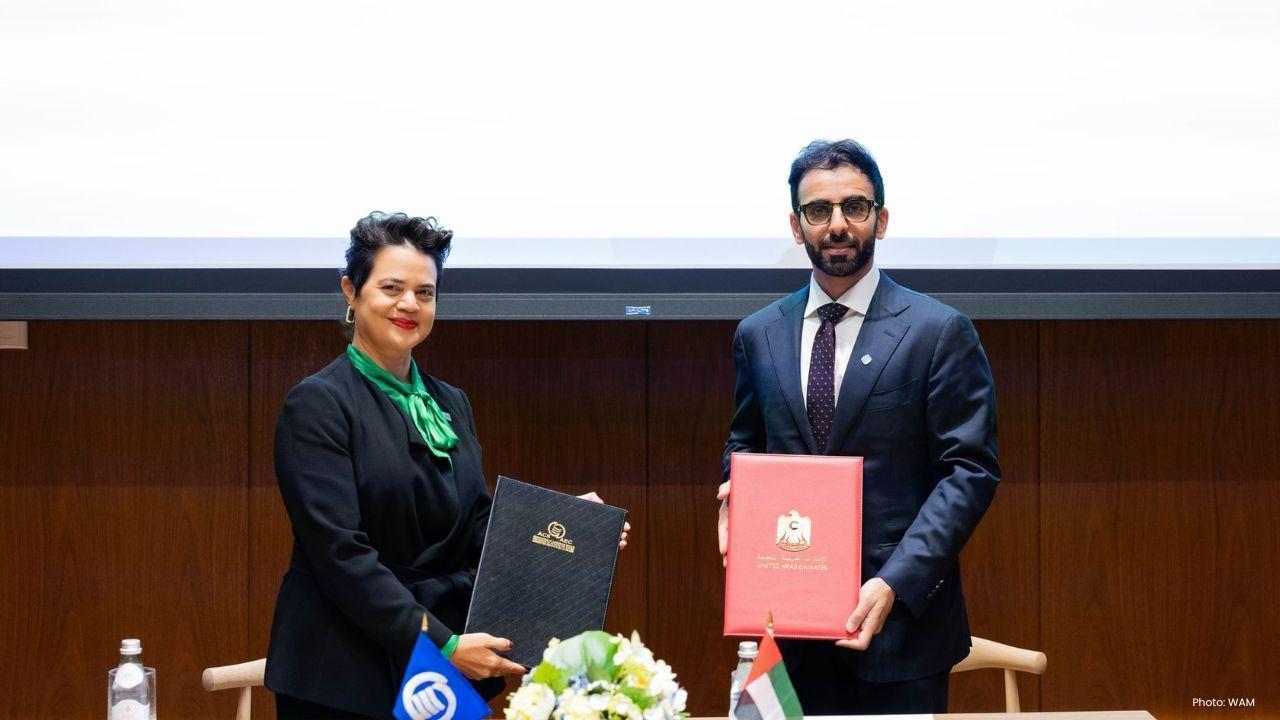


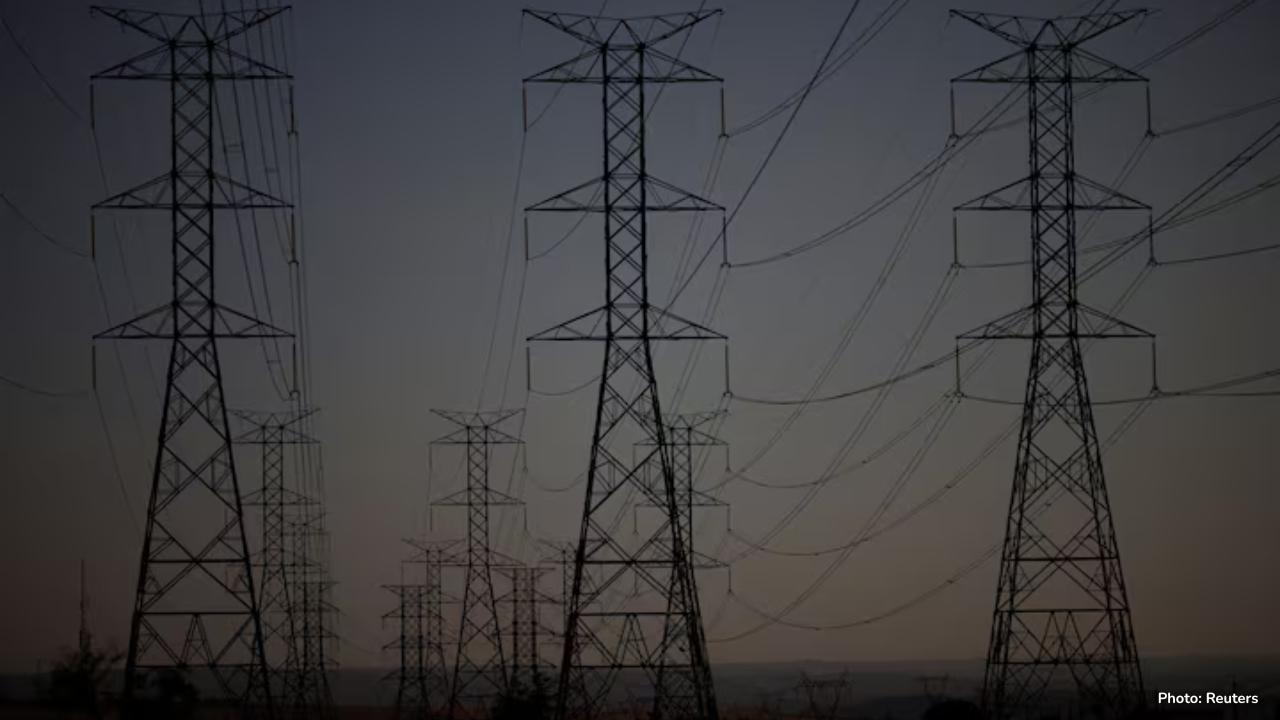

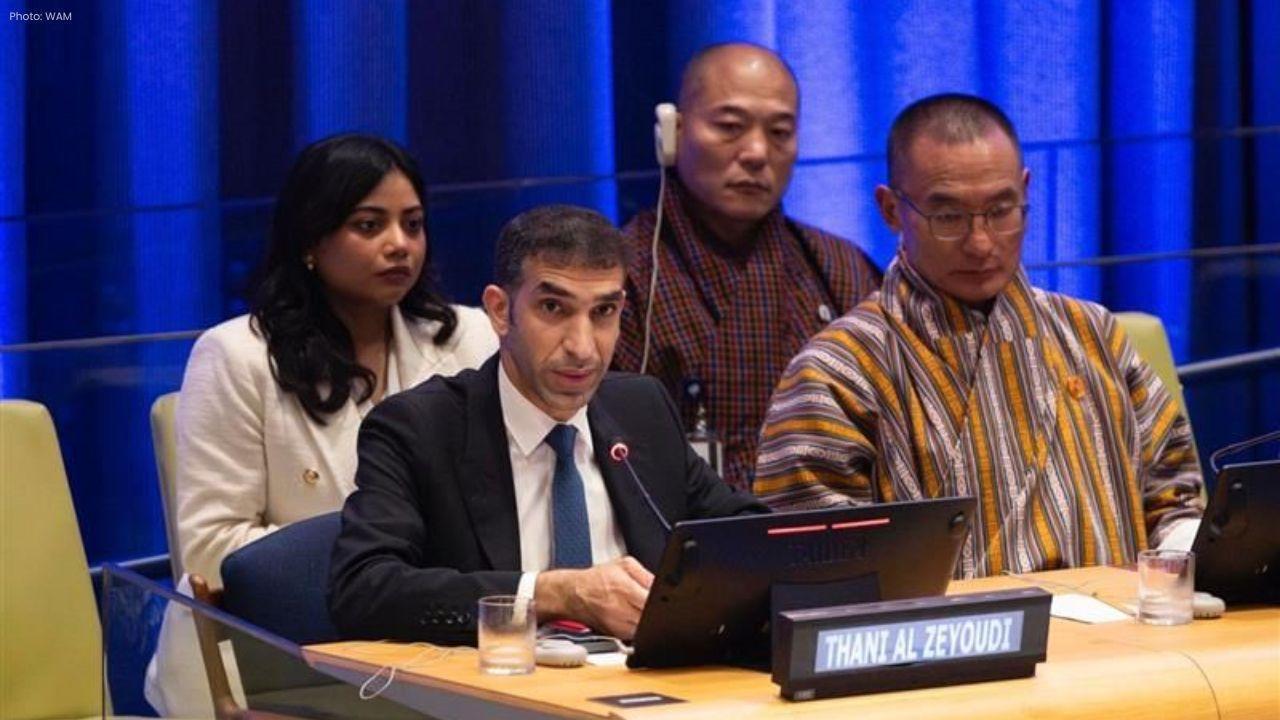

OpenAI's Revenue Soars to $4.3 Billion in First Half of 2025
OpenAI's revenue reaches $4.3 billion in the first half of 2025, marking a 16% increase from the pre

UAE Leaders Send Condolences to Saudi King Over Princess Abta's Death
UAE rulers and crown princes sent heartfelt messages to King Salman, mourning the passing of Princes

Brazil's Surplus Clean Energy Attracts Crypto Miners
Brazil's excess renewable energy is luring cryptocurrency miners. Companies like Tether and Renova E

Visa Tests Stablecoins to Make Global Payments Faster
Visa is testing stablecoins for international payments, aiming to speed up transactions and reduce t

Opera Unveils Neon AI Browser for Smarter Web Browsing
Opera introduces Neon, an AI-powered browser that automates tasks and enhances privacy, aiming to re

Albanese Visits Sheikh Zayed Grand Mosque in Abu Dhabi
Australian PM Albanese tours Sheikh Zayed Grand Mosque, highlighting peace, tolerance, and cultural